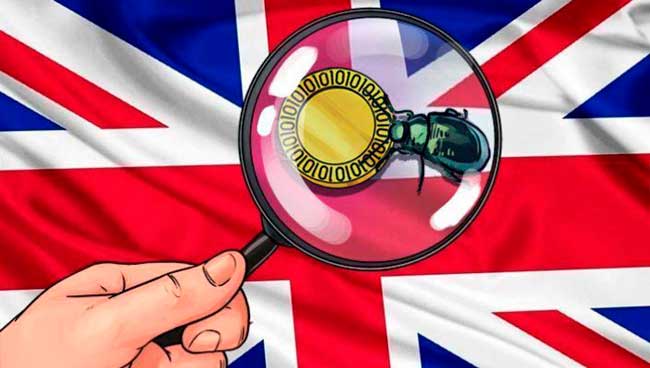
UK Department of Taxes and Customs (HMRC) has issued guidance oncryptocurrency logs and related business activities.
The guidance aims to regulate taxes fromcryptocurrency tradable tokens – such as Bitcoin, which are different from utility and investment tokens. (HMRC says guidance on utility and investment tokens will be released at a later date).
Token Trading
From an HMRC point of view, cryptocurrency assets are still considered goods, not money or currency.
Stock Trading Companiestokens, including the sale of goods or services for mining, must pay taxes. The following types of taxes should be distinguished: capital gains tax, corporate tax, income tax, national insurance contribution, stamp tax and VAT.
Most activities related tomining, represent a taxable event in the form of trade, or, the rules determine the object of taxation associated with this activity. If the mined coins are not sold, then they are considered “other income”, taxable.
At the same time, the HMRC says that:
“Mining at home does not amount to a taxable event, while mining tokens for net profit should be considered a trading activity.”
Cryptocurrency Savings and Wages
The HMRC rules also say that company savings in the form of tokens are treated as an object of taxation, to which both capital gains tax and corporate tax apply.
In 2018, HMRC already issued guidance ontaxes for individuals. As in the case of individuals, the rules for companies require separate accounting of the various digital assets held, as well as their balance sheets. For example, if you have bitcoins, litecoins and ether, then taxes should be calculated for three assets and taking into account these balances for a given period.
Interestingly, HMRC rules now recognizesalaries in virtual currencies, although in general they are not recognized as money by the British authorities. At the same time, employers can not use cryptocurrencies for contributions to pension funds, since the HMRC considers them as goods.
HMRC also says it may change its rules and interpretation of things “as the sector evolves”.
</p>




